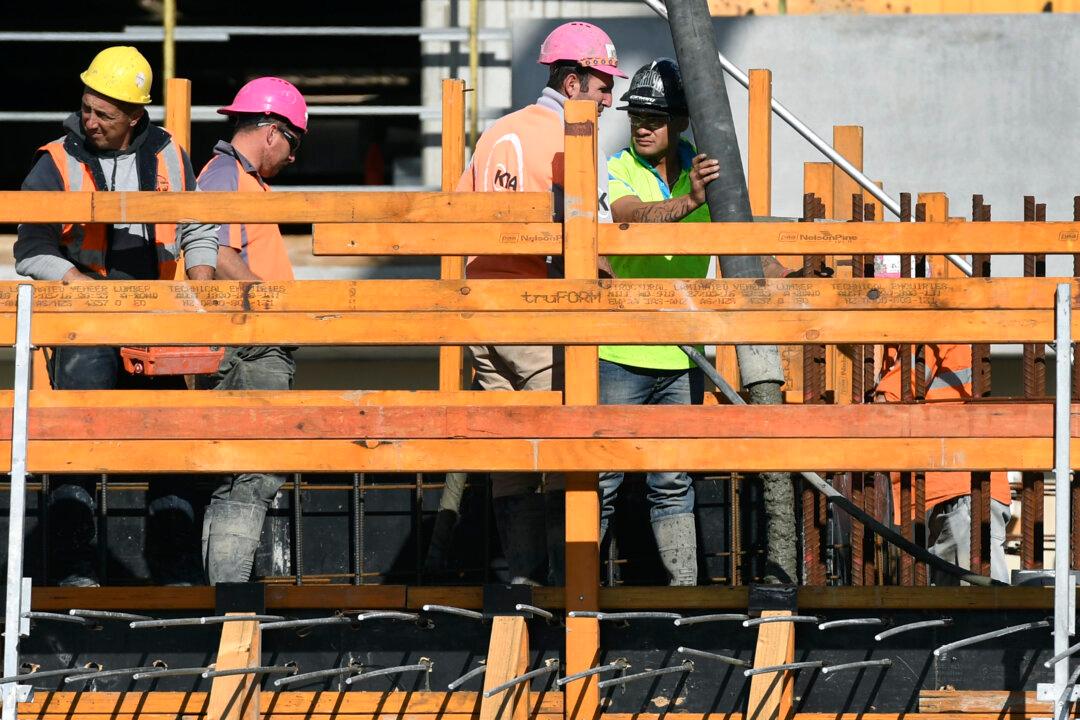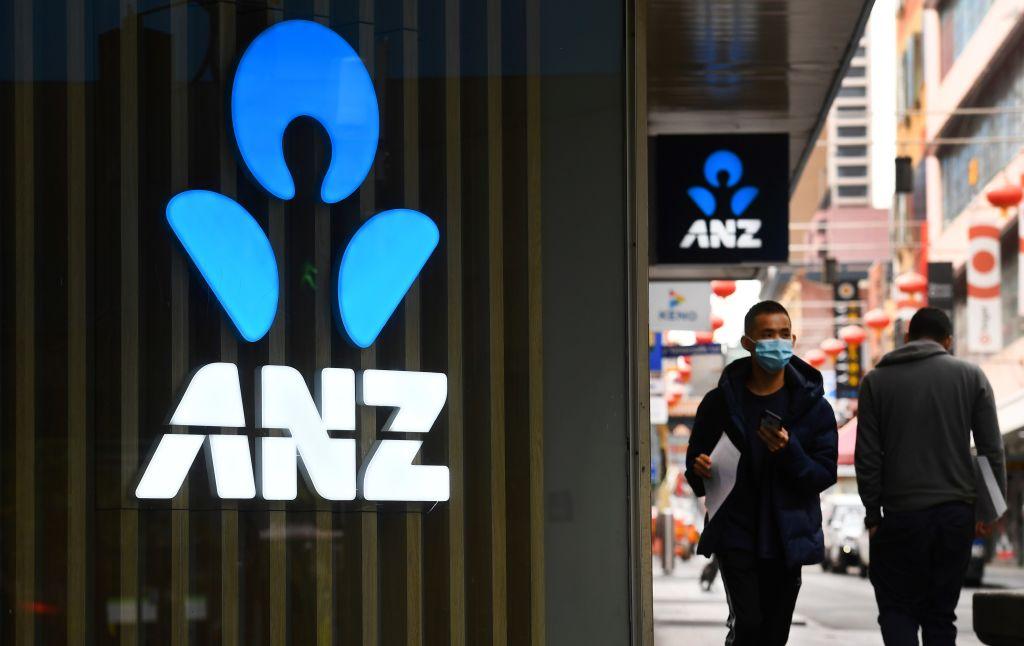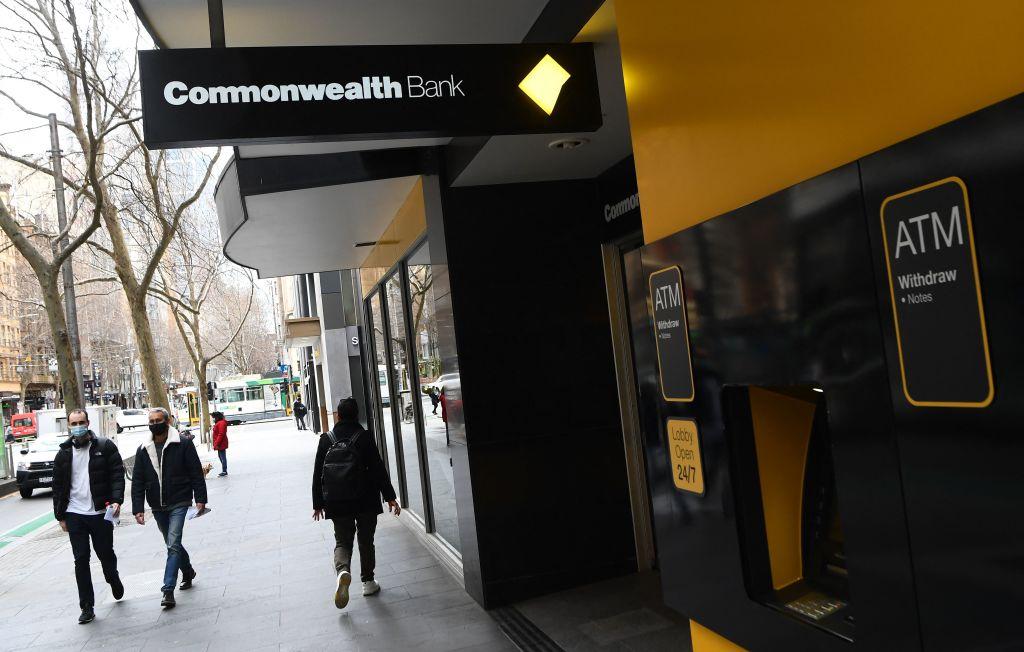Australia’s second-largest superannuation fund, Aware Super, will no longer consider China as an investment destination in its upcoming overseas expansion due to concerns over its behaviour and market efficiency in the country.
Aware Super runs a $140 billion (US$109 billion) fund and is currently on track to grow the assets under its management to $200-300 billion (US$156-230 billion).





